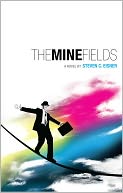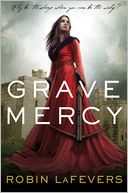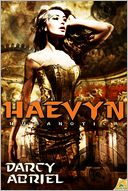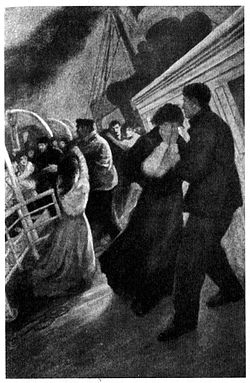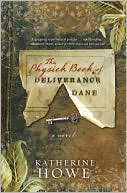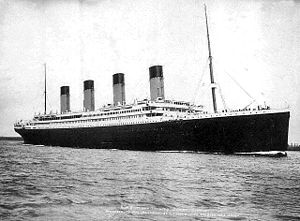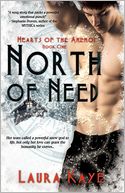 Random Acts by Alison Stone surprised me. It was a sweet romance that almost veered into inspirational territory, yet still told a good romantic suspense story.
Random Acts by Alison Stone surprised me. It was a sweet romance that almost veered into inspirational territory, yet still told a good romantic suspense story.
Danielle Carson is a woman on the fast track to partnership at her high-powered law firm in Atlanta. She’s tried her best to leave small-town Mayport in her rearview mirror. It’s not that she doesn’t love her sister Jenny and her grandmother back home, she does, but the town itself holds a lot of bad memories.
In Mayport, everyone knows Danielle and Jenny as the daughters of an alcoholic who took up with a series of abusive men and finally abandoned her daughters. While leaving Danielle and Jenny with their grandmother was the best thing she could have done for them, she abandoned them. And everyone in Mayport watched Danielle and Jenny, waiting for them to turn out just like their mother.
Danielle had a crush on the boy next door, Patrick Kingley. He married someone else. Some of it was due to his four years’ seniority, but a lot more was small-town disapproval. His mother was sure Danielle would turn out badly. Instead, she just left. Being a lawyer hardly counts as bad, so the town disapproved of Danielle living in Atlanta instead.
When Jenny is the victim of a near-fatal car accident, Danielle rushes home, knowing the toll it will take on her ambitions at the office. But the accident is discovered to be no accident. And that boy next door is not a boy anymore. Patrick Kingley is all grown up, just like Danielle is. He’s been a soldier, a husband, a widower, and now a single father to a pre-teen daughter.
He’s also a cop.
And he knows that Jenny’s accident is no accident, because Jenny was working for him. Undercover. As a drug informant. And he hides that information from Danielle as the old ties between them start to knit together again. But it’s not just about him anymore. He can’t let someone into his life who will leave again, because it will break his daughter’s heart.
His own heartbreak is much less important to him. His daughter means everything.
And there is a killer on the loose who is willing to exploit that.
Escape Rating B-: The romance takes a backseat to the suspense. The suspense part of the story was handled well enough that I caught the red herring but didn’t figure out the final perpetrator. So that was good.
On the other hand, the romance definitely took the far back seat. The relationship between Danielle and Patrick’s daughter Ava is very sweetly handled, but the central love story gets very short shrift for what is intended as a romance. I know this might be intended as a “sweet” or “clean” romance, and so not erotic, but this couple didn’t generate a lot of heat, even of the banked fire variety.
And I kept wondering about exactly what happened in the way-back-when. It was clearly more traumatic for her than for him, but something happened. What was it?
The romance part of this romance needed more sparks somewhere, even if we don’t witness the actual fire.






